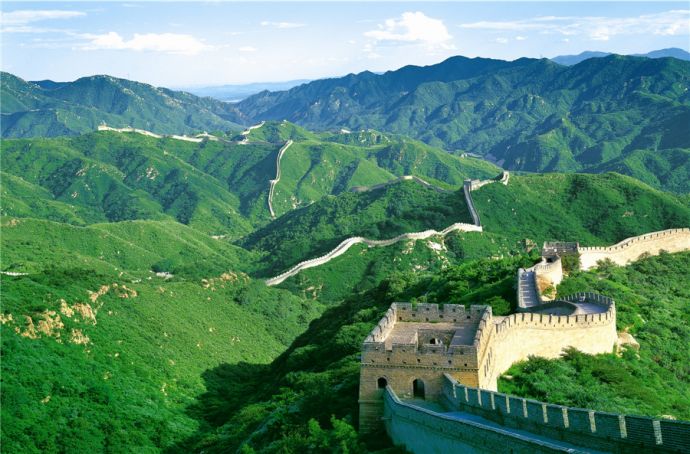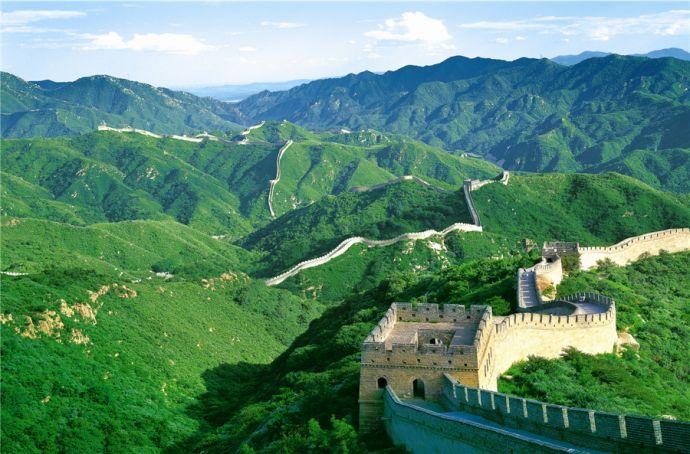
The beauty of Yanqing lies in its people and their culture. The development of the civilization in Yanqing is well documented and has never stopped, regardless of changes to its administrative region or affiliation.
Various kinds of stoneware from the Paleolithic Period have been excavated in Lujiahe and Caimugou, Yanqing, meaning that ancient human activities occurred in this region back in the Paleolithic Period. The Battle of Banquan between the Yan and Huang Emperors, legendary ancestors of the Chinese nation, took place in the Banquan village in Yanqing.
The Yuhuang Temple cultural relics site is an ethnic culture that formed a system of its own and had unique local features during the Bronze Age in northern China. Ever since the Qin (221-206 BCE) and Han (206 BCE-220 CE) Dynasties set up counties under direct central control across the country, Yanqing, the gateway connecting North China to the Mongolian grasslands, is home to the relics left by Huns, Wuhuan, Xianbei, Rouran, Turkic, Xi, Khitan, Jurchen and other ethnic groups who were active in the confrontations, exchanges, collisions and integration between the Han governments in the Central Plains and nomadic peoples in northern China.
During the Ming Dynasty, to defend against invasion by northern nomadic peoples, the Ming rulers built the Great Wall on high mountains in Yanqing as a line of defense. Yanqing thus became a military fortress against invasion, in the process enhancing the security of the capital city.

Thousands of years of civilization have left Yanqing with an abundance of cultural relics. These include mysterious residences on cliffs, as well as the Yingmen Temple, the Yang’e Pool and the Lianhua Pool. Yanqing is also home to three locations related to Queen Mother Xiao of the Liao Dynasty (916-1125), the Xiangshuiyuan of Emperor Yuan Renzong of the Yuan Dynasty (1271-1368), the Yulin courier station, the Great Wall, numerous passes, castles, walls, towers and beacon towers. These cultural relics in Yanqing are results of human civilization and wisdom and best characterize beautiful Yanqing.
(Source: official website of Beijing Expo 201)




 A single purchase
A single purchase









